| At some point, while training for the Pittsburgh Marathon, I fell in love with the half marathon distance. While the marathon was still the main focus of my training this past Spring, I was really looking forward to the Philadelphia Half Marathon in the Fall. I managed to hit my original half-marathon goal during my full marathon training, so I did what any runner would do - I lowered my goal. Since I'm relatively new to the racing scene, I had no idea what was a reasonable amount to lower my goal. At first, I lowered it 2 minutes. But over the summer, I decided I was going to "dream big" and lower it 5 minutes. I knew it wasn't something that was going to come easily (or even at all), but that number has been in the back of my head for a few months now. | |
| Lately I have been using the Nike+ app, so I know what my pace is, but I tend to run more for effort level than pace. I usually let myself go about 0.5 miles before really deciding what my pace is going to be for that run. Imagine my surprise when I look down at my Nike+ app and realize I'm 10-15 seconds faster than I need to be to hit my goal! If it was race day, I probably would have scaled back a little to be safe. But, it was a training run, so I decided to just stick with the pace. I figured eventually it was going to catch up with me, and I was going to have to slow down a little. But, mile after mile I was maintaining that pace. It wasn't until the last three or so miles that I started to slow down, but by that time I knew I had owned the run. I just had to keep pushing to the end. |
| My Nike+ app registered my 13.1 mile run at one minute and 45 seconds LESS than what I thought was a "reach" goal for my half marathon! I guess that answers the question of if I "can" run the distance at that speed (whether or not I can do it again is another story). So with less than four weeks left before race day, I'm left with two options. |


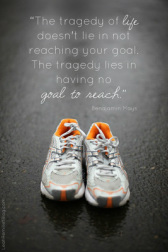

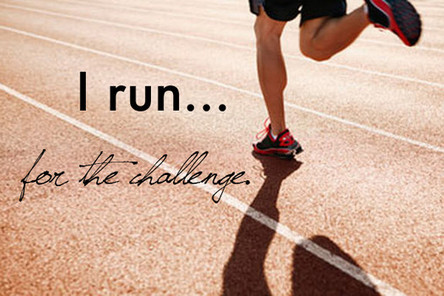

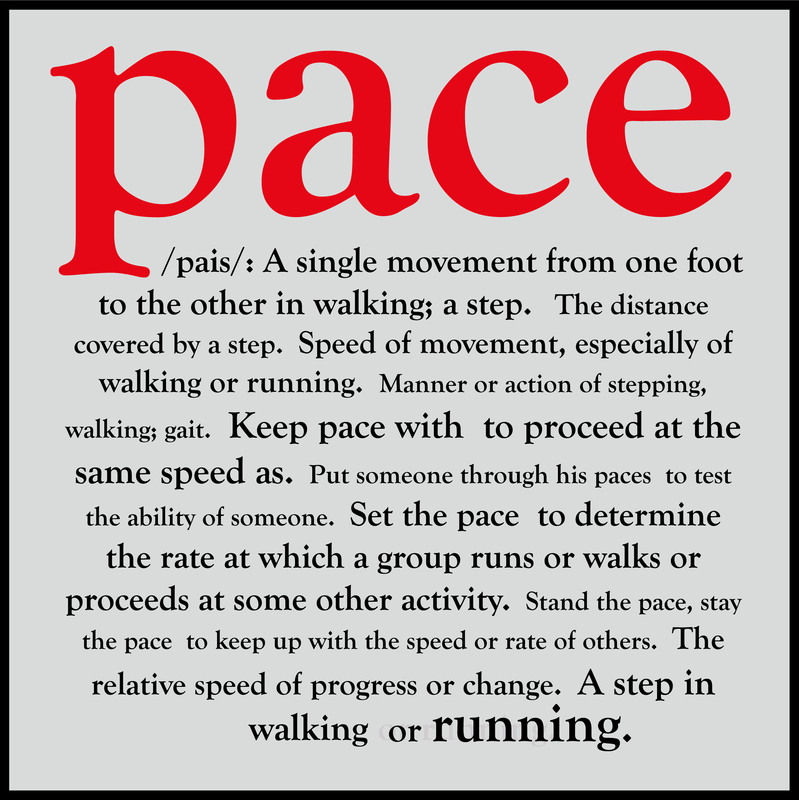

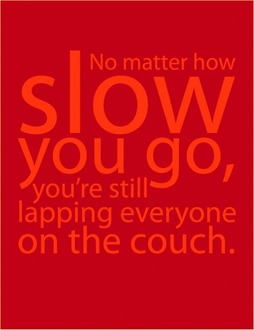
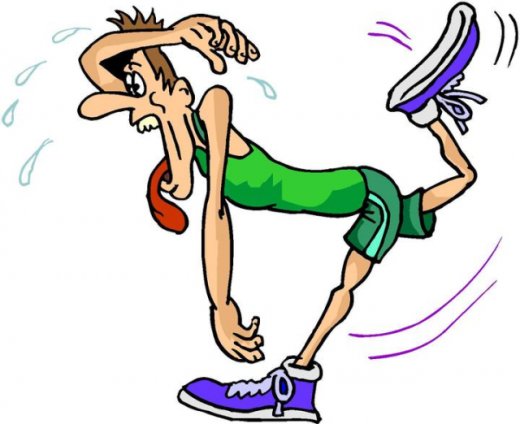
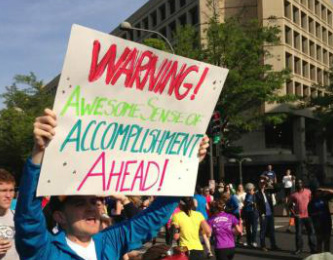


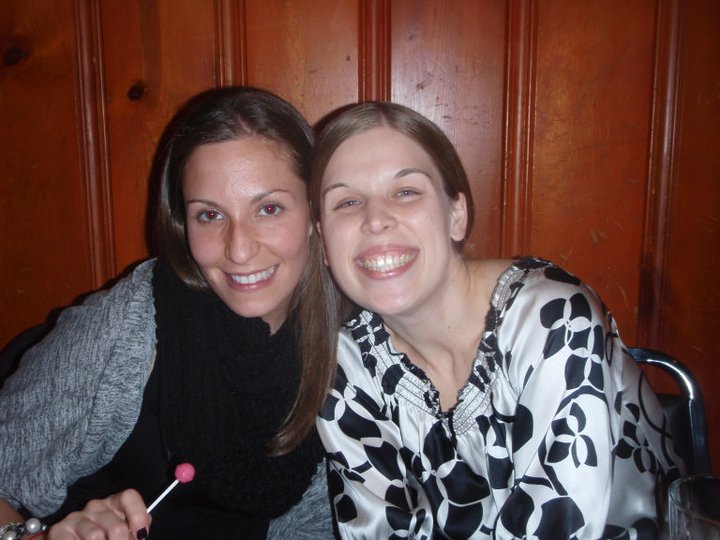
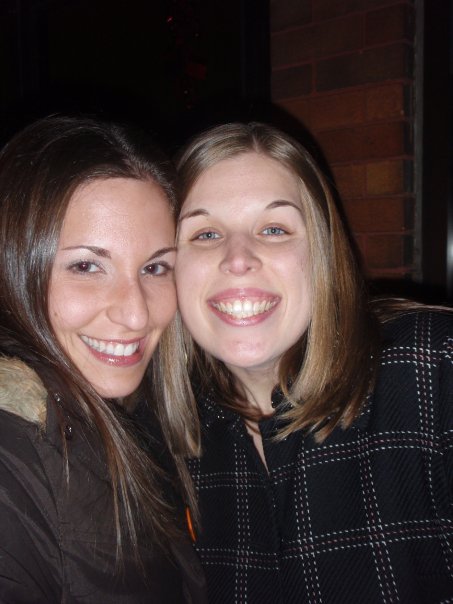

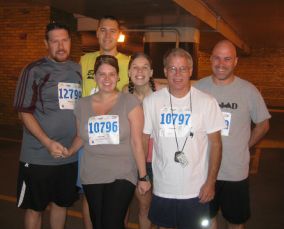
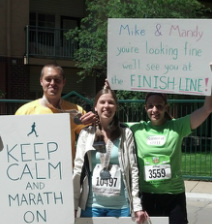
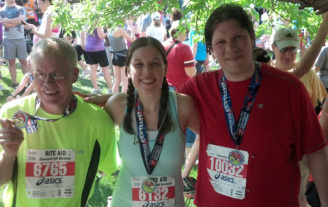
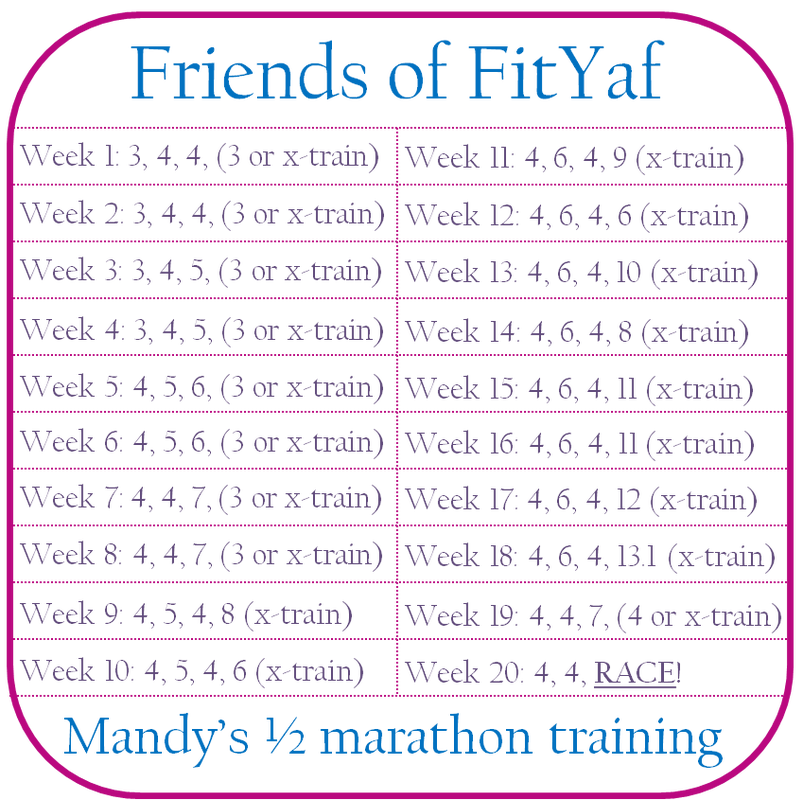
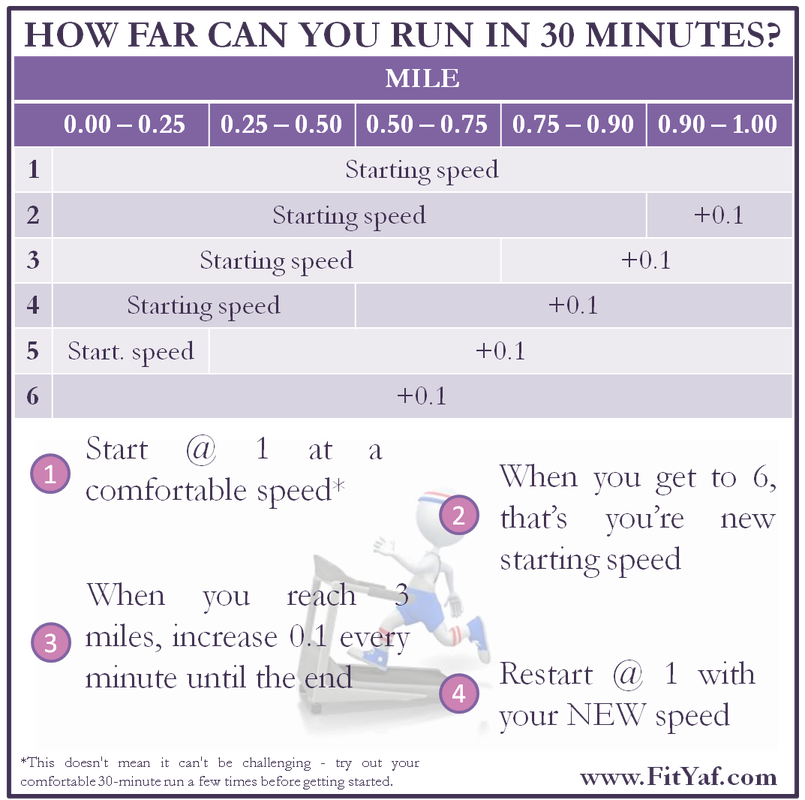

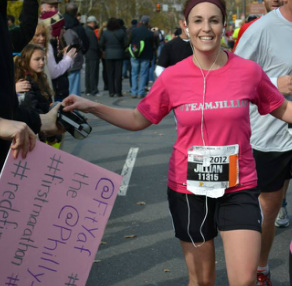

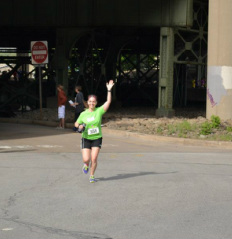
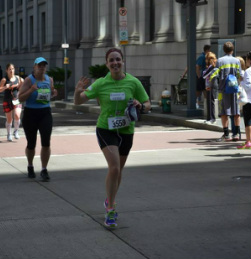
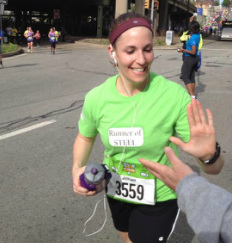
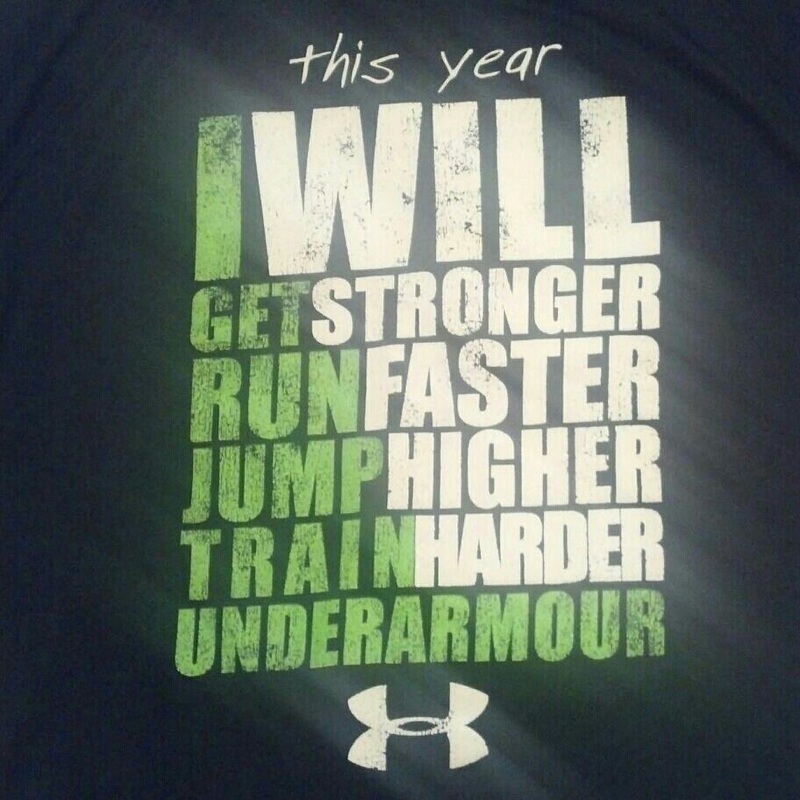
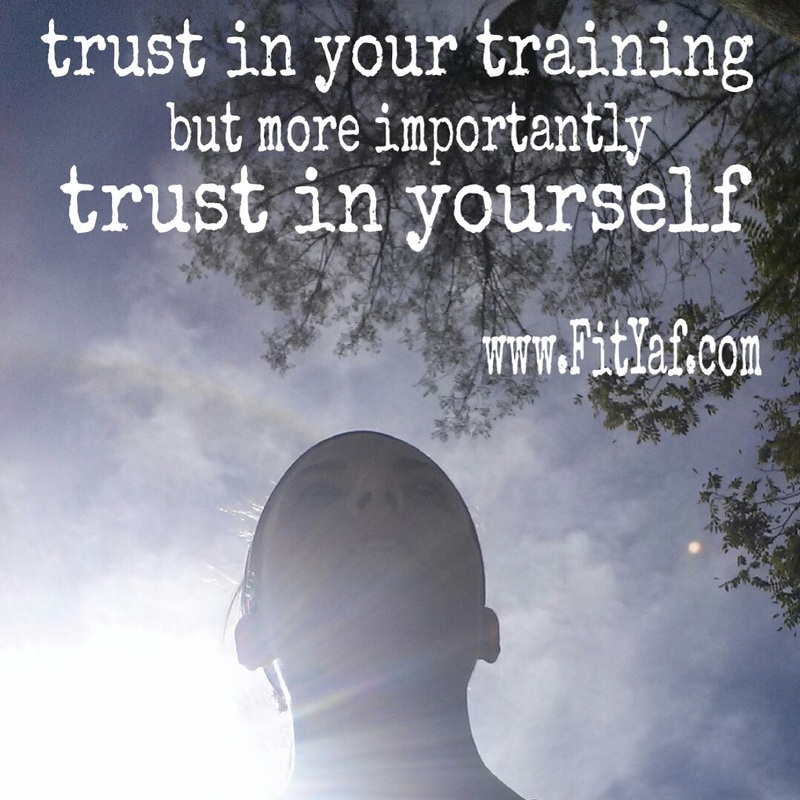
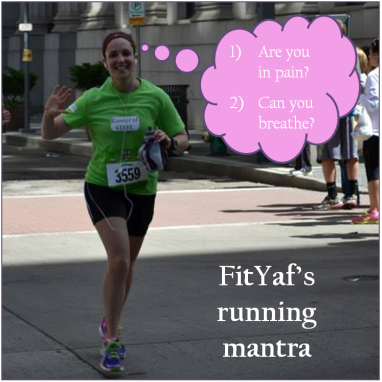
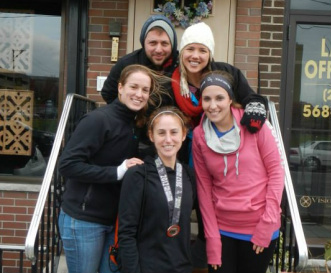
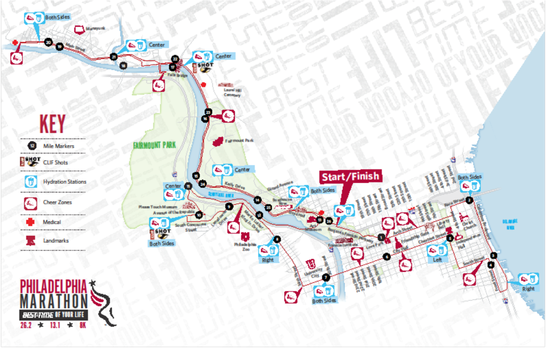
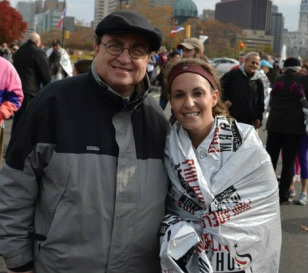
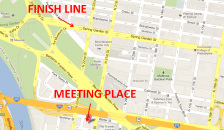
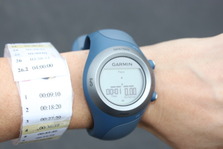
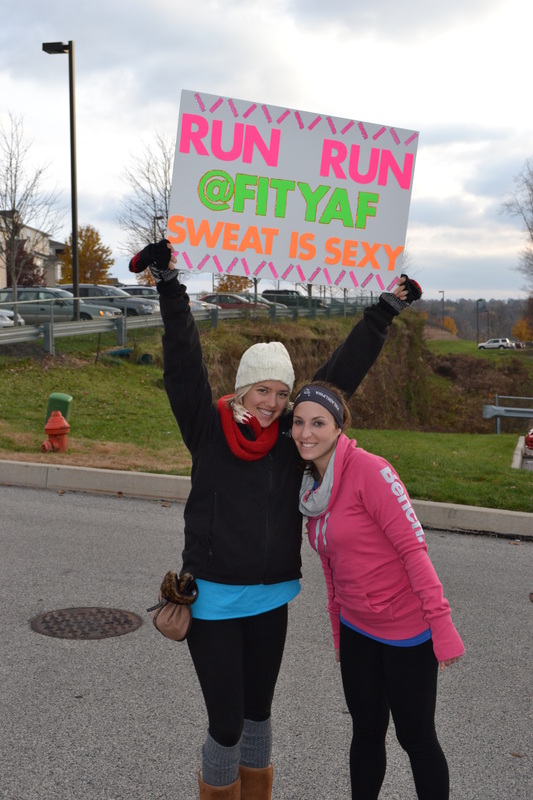
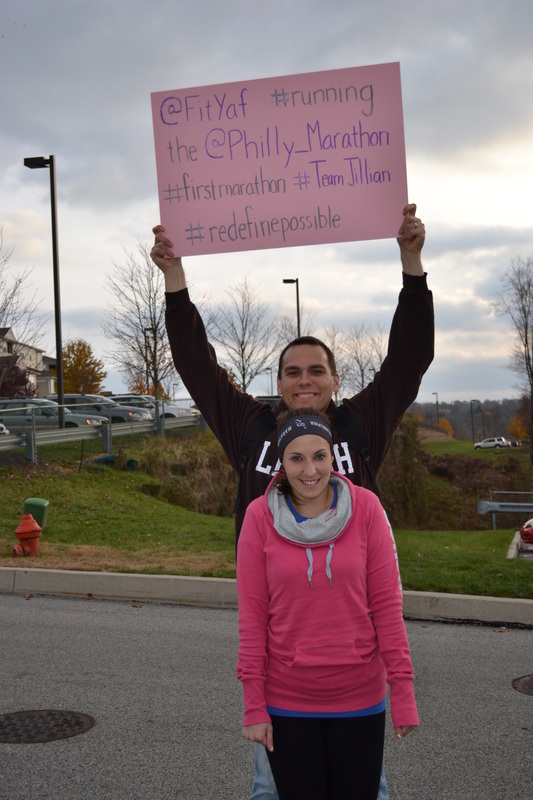

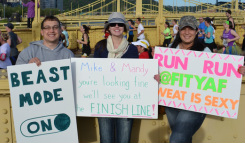
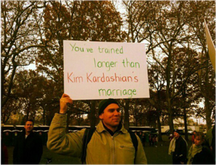
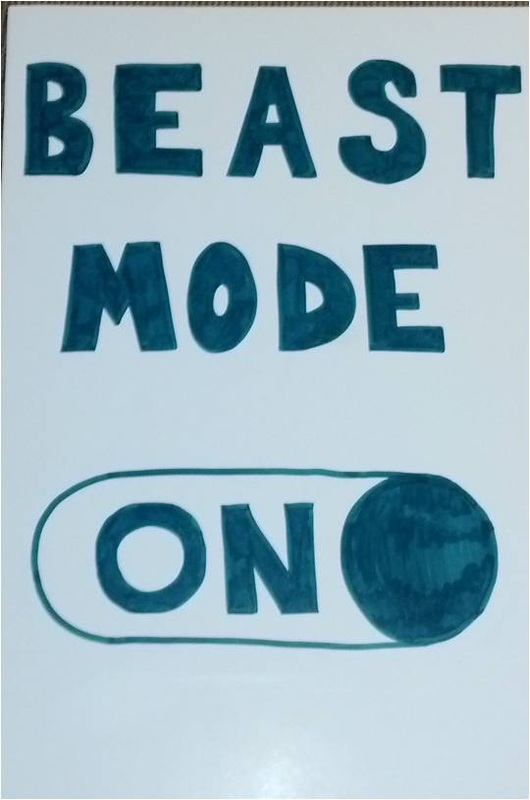
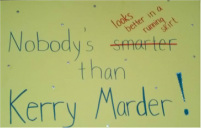
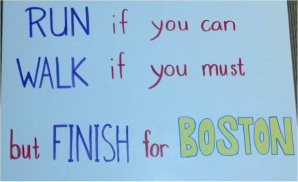
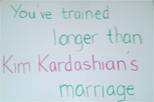

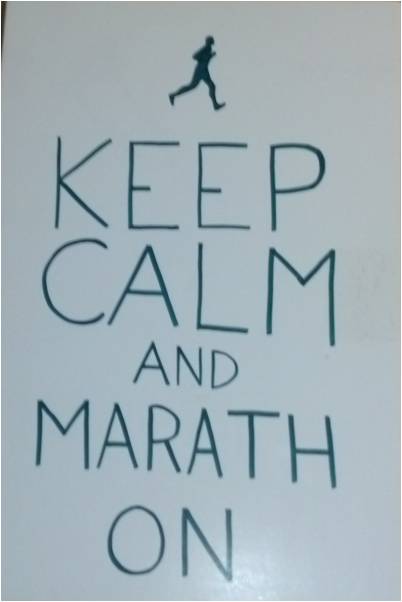


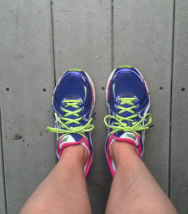
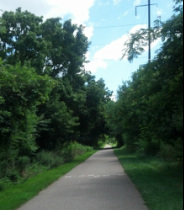

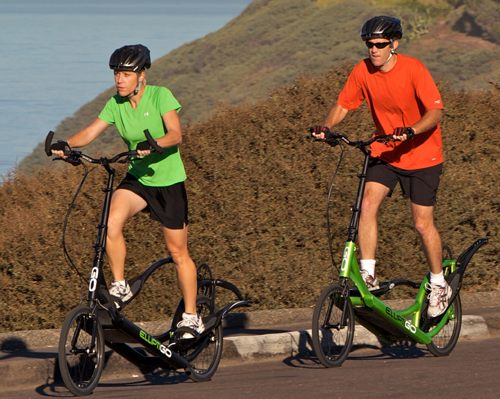
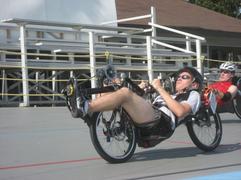
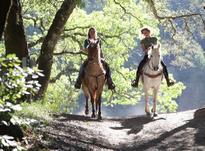
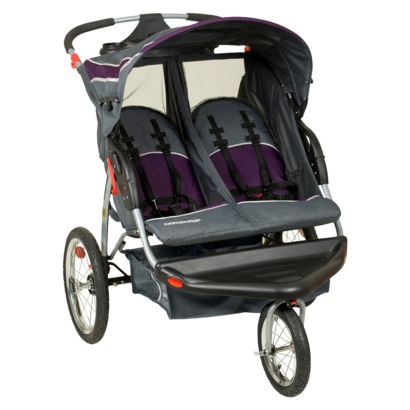

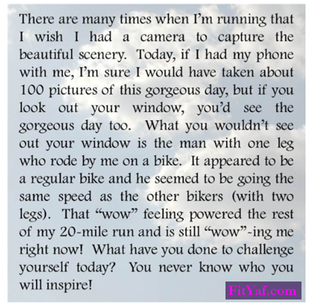


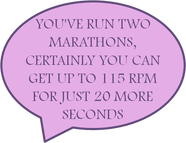
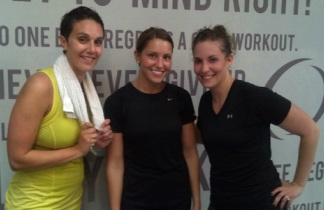


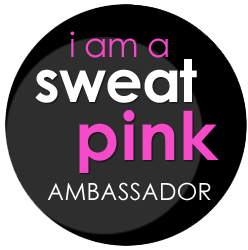



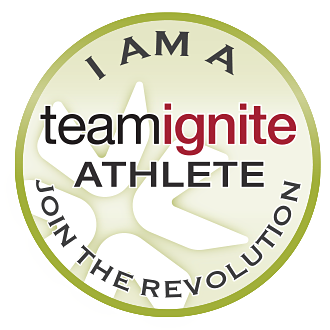

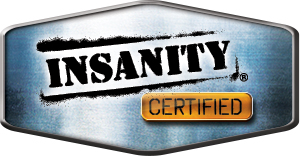
 RSS Feed
RSS Feed
